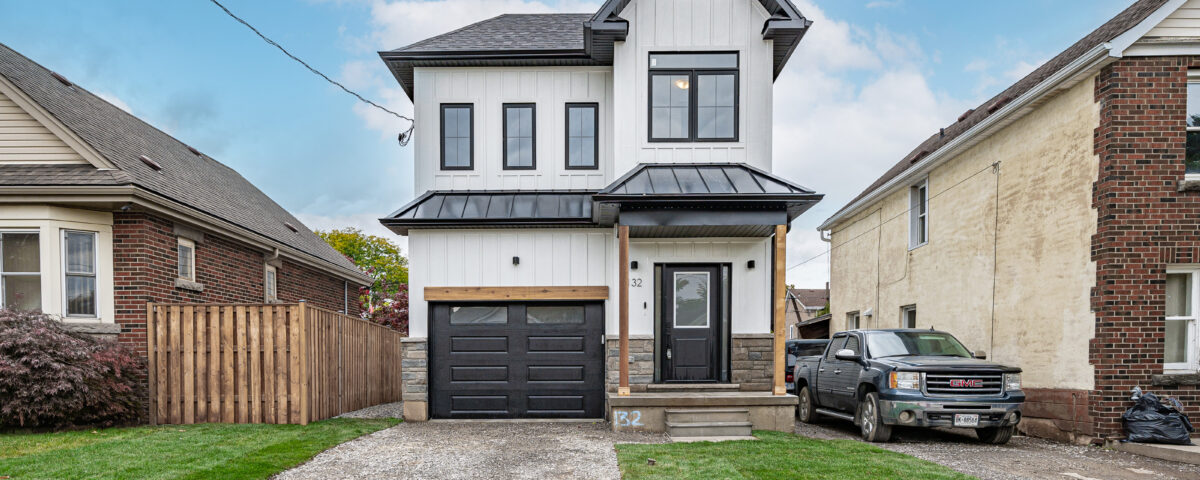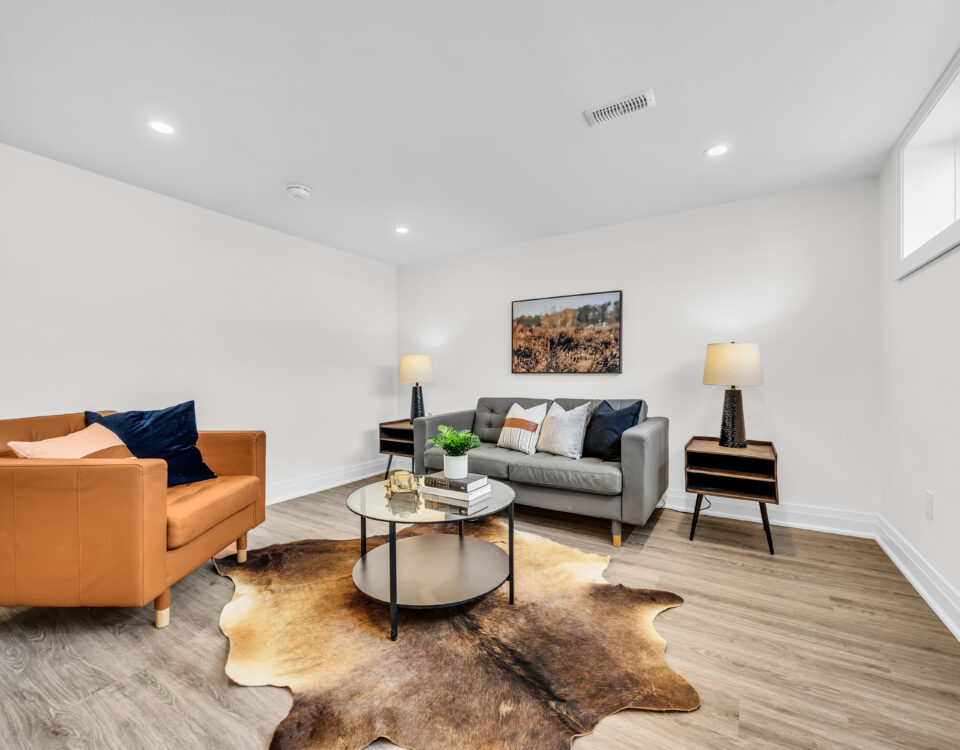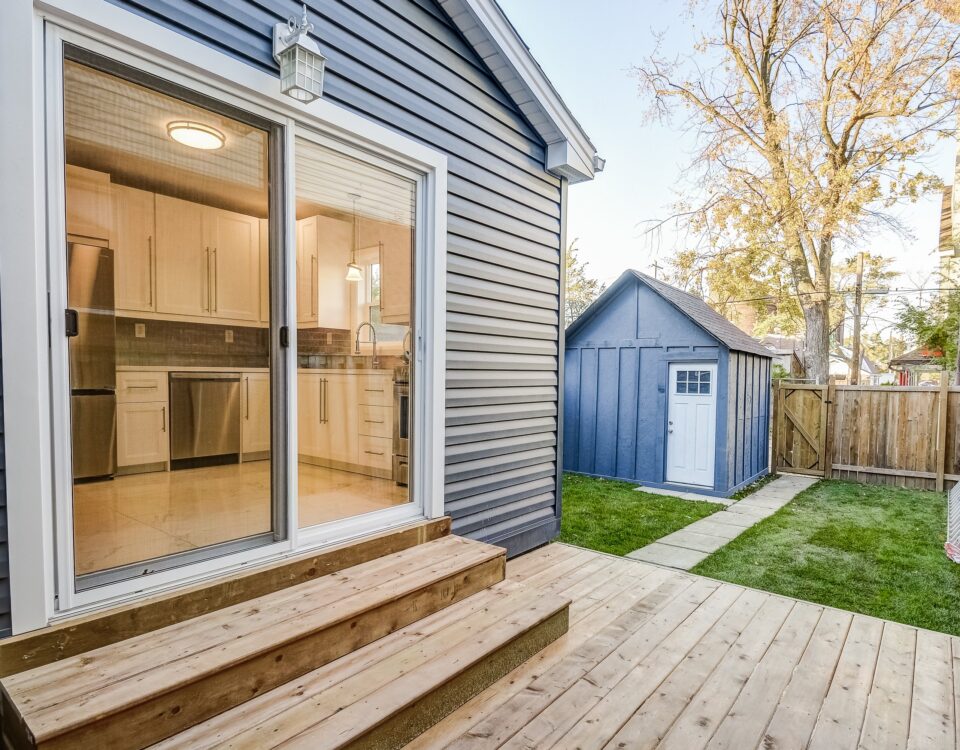
The Top Trends in Home Construction and Renovations for 2023
22 June 2023
How to Budget and Obtain Financing For Your Home Renovation
22 June 2023Building your dream home is an exciting endeavor, but it can also be overwhelming if you’re not adequately prepared. Proper planning is crucial to ensure a smooth and successful home construction project. From setting a budget to selecting the right professionals, there are numerous factors to consider. In this blog post, we’ll discuss ten essential tips to help you navigate the planning phase of your home construction project. By following these guidelines, you’ll be well-equipped to turn your vision into a reality.
1. Define Your Goals and Priorities
Before embarking on your home construction project, take the time to define your goals and priorities. Consider your lifestyle, future needs, and the features you want in your new home. Are you looking for a spacious kitchen, a dedicated home office, or perhaps a large backyard for outdoor activities? Understanding your priorities will help you make informed decisions throughout the planning process.
2. Establish a Realistic Budget
Determining your budget is a vital step in planning your home construction project. Start by researching construction costs in your area and consult with professionals to get accurate estimates. Consider additional expenses such as permits, landscaping, and interior design. It’s crucial to establish a realistic budget to avoid financial strain during the construction process.
3. Research and Assemble a Competent Team
Building a home requires the expertise of various professionals. Research and assemble a competent team that includes an architect, contractor, and other necessary specialists. Seek recommendations, review portfolios, and conduct interviews to ensure you’re choosing the right professionals who understand your vision and can bring it to life.
4. Understand Local Building Codes and Regulations
Familiarize yourself with local building codes and regulations to avoid costly mistakes and delays. Building codes ensure the safety and structural integrity of your home. Consult with professionals or local authorities to ensure your construction plans comply with all applicable regulations.
5. Plan for Future Needs and Sustainability
Consider the long-term sustainability and adaptability of your new home. Plan for future needs, such as potential expansions or modifications, and incorporate sustainable features that reduce energy consumption and promote environmental responsibility. Features like energy-efficient appliances, solar panels, and water-saving fixtures can save you money in the long run and contribute to a greener future.
6. Create a Detailed Construction Timeline
Developing a comprehensive construction timeline is essential to keep the project on track. Collaborate with your team to establish realistic deadlines for each phase of the construction process. Factor in potential weather delays and allow for flexibility to account for unforeseen circumstances. A well-structured timeline will help you monitor progress and ensure timely completion.
7. Select Quality Materials and Finishes
Choosing the right materials and finishes for your home is crucial for both aesthetics and durability. Research various options and consider factors such as quality, maintenance requirements, and cost. Opt for materials that suit your style preferences while ensuring long-term durability to avoid premature wear and tear.
8. Communicate Clearly and Regularly
Effective communication is key to a successful home construction project. Maintain open and regular communication with your construction team to address any concerns, changes, or updates. Regular meetings and progress reports will help ensure that everyone is on the same page and minimize misunderstandings.
9. Keep Contingency Funds
It’s wise to set aside a contingency fund to account for unexpected expenses or changes in the project scope. Unforeseen issues can arise during construction, and having a buffer will provide financial peace of mind. Aim to allocate around 10-20% of your overall budget for contingencies.
10. Regularly Inspect and Review Progress
Throughout the construction process, conduct regular inspections to assess the quality of work and ensure compliance with your specifications. Regularly review progress against the established timeline to identify any potential delays or issues that need to be addressed promptly.
Planning your home construction project diligently is the foundation for a successful outcome. By following these ten essential tips, you’ll be well-prepared to embark on your home construction journey. Remember to define your goals, establish a realistic budget, assemble a competent team, and stay involved in the process from start to finish. With careful planning and attention to detail, you can transform your dream home into a beautiful reality.





